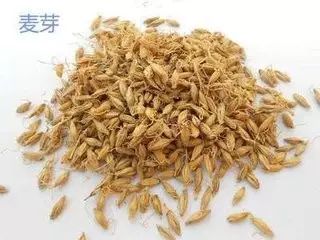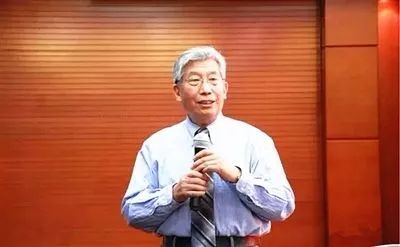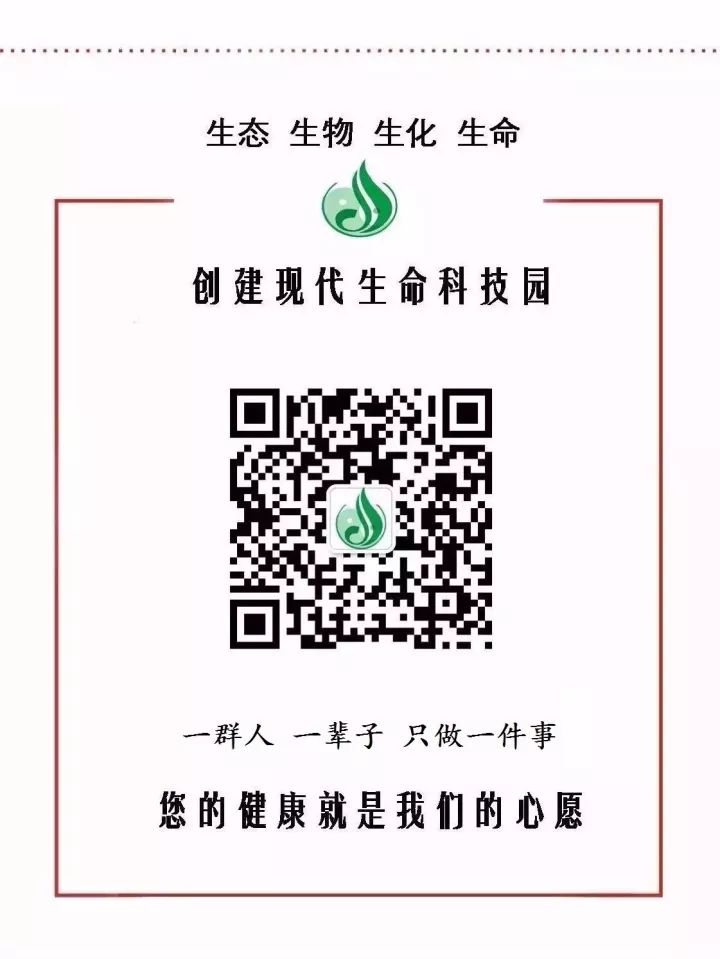
Qi deficiency (气虚) is a term in Traditional Chinese Medicine (TCM) that refers to a series of pathological changes and syndromes caused by insufficient vital energy (元气). Qi is the most fundamental substance in the human body, formed by the combination of the essence (精气) from the kidneys, the qi derived from the spleen and stomach’s absorption and transformation of food, and the clear qi inhaled from the lungs.
Qi deficiency generally refers to a state of physical weakness, pale complexion, shortness of breath, fatigue in the limbs, dizziness, spontaneous sweating upon exertion, and a weak voice. It includes the deficiency of the vital qi (元气), ancestral qi (宗气), and defensive qi (卫气), as well as a reduction in the functions of qi in promoting, warming, defending, consolidating, and transforming, leading to decreased functional activities of the body and weakened disease resistance.
Fundamentally, human life activities are movements of the rise and fall of vital qi. Qi deficiency is a common syndrome often caused by congenital insufficiency, malnutrition, aging, prolonged illness, major surgeries, and excessive fatigue. Clinically, qi deficiency can also include syndromes such as lung qi deficiency, heart qi deficiency, spleen qi deficiency, and kidney qi deficiency.
What are the manifestations of a person with a qi deficiency constitution?
1. People with qi deficiency generally have a dull complexion and poor physical strength. Those with qi deficiency often have a pale, lackluster face, and are prone to spontaneous sweating and shortness of breath. In contrast, those with sufficient qi can climb several flights of stairs without issue, while a person with qi deficiency may feel breathless after just three flights, with a rapid heartbeat.
2. People with qi deficiency are taciturn and easily fatigued. Individuals with qi deficiency tend to speak little and are reluctant to engage in conversation, unlike those with sufficient qi who are energetic and actively participate in activities and express opinions. Qi deficient individuals prefer to avoid unnecessary interactions. They often feel fatigued, easily tiring from simple activities, and may appear lethargic, needing to lean against something when standing or sitting.
3. People with qi deficiency are sensitive to cold and wind, and are prone to colds. Those with qi deficiency are often cold-sensitive and cannot tolerate drafts, frequently sneezing and catching colds, especially children. Some children may recover from a cold only to catch another after a brief outing, causing concern for their families. This is a manifestation of qi deficiency.
4. People with qi deficiency easily experience abdominal bloating after eating.
Individuals with qi deficiency often experience abdominal bloating because their spleen struggles to transform food effectively, leading to food stagnation in the body.
5. People with qi deficiency have loose stools.
Those with qi deficiency find it difficult to form stools, as the qi is insufficient to hold the stools, leading to easy expulsion.
6. What does the tongue of a person with a qi deficiency constitution look like?Individuals with qi deficiency often have teeth marks on their tongues. This occurs because qi deficient individuals have excess dampness that has not been expelled from the body, leading to swelling of internal organs and skin, which is not always visible. However, the swollen tongue, pressed against the teeth for 24 hours, shows many teeth marks when extended. A thick coating on the tongue indicates heavy internal dampness. Normally, the tongue coating should reveal the tongue body, but a thick coating covers the entire tongue, indicating significant internal dampness. The thicker the coating, the heavier the internal dampness. Additionally, a cracked tongue body indicates spleen and stomach qi deficiency.
Individuals with qi deficiency may also have a swollen tongue (though some may have a thin tongue, but still show teeth marks, indicating spleen qi deficiency). A lack of tongue coating or a very thin coating indicates a deficiency of righteous qi, particularly spleen and stomach qi.
Those with such tongue characteristics fall into two categories: one group has experienced a major illness affecting their spleen and stomach, leading to a loss of tongue coating. These individuals need to focus on nourishing their spleen and stomach for recovery. The other group has damaged their spleen and stomach due to improper diet, which is not a major illness. I once encountered a man whose tongue was completely smooth without coating. When I asked him about his weak stomach qi, he admitted to drinking heavily every day. How could his stomach not be harmed?
Maintenance Formula for Individuals with Qi Deficiency Constitution
For those whose stomach has been harmed leading to insufficient stomach qi, the priority is to nourish the stomach qi. It is advisable to reduce water intake and drink malt tea, which can help generate stomach qi.

Formula: 30-60 grams of raw malt (生麦芽).
Usage: Brew as tea.
Note:
1. Be sure to use raw malt, which has the function of generating stomach qi. Do not use roasted malt, as it reduces qi. Experienced TCM practitioners often advise patients with absent tongue coating to drink malt tea to quickly generate stomach qi until the coating returns, indicating recovery.
2. You can also use 3 grams of raw astragalus (生黄芪), 6 grams of Chinese yam (怀山药), and 9 grams of raw malt (生麦芽), boiled in water as a tea substitute. Consistent consumption over several weeks can also benefit the generation of stomach qi.
Attention:The above is for reference only; please consult a physician for guidance.

Author Biography: Hao Wanshan, born in November 1944, graduated from Beijing University of Chinese Medicine. He is currently a professor and doctoral supervisor at Beijing University of Chinese Medicine. With 50 years of clinical practice, he emphasizes emotional regulation for patients, particularly skilled in treating emotional disorders.
Source: Famous Doctors and Famous Formulas
All rights to the content of this public account belong to the original author. If there is any infringement, please contact us for deletion.

Further Reading:
-
Food supplements are better than medicinal supplements: Top ten qi-boosting foods and blood-boosting foods to help you regain a healthy complexion.
-
Sheng Mai San (生脉饮), the best non-heating method to boost qi! Even Emperor Qianlong could not do without it.
-
Boosting qi is the fastest way to enhance immunity; one herbal remedy can replenish lung qi, spleen qi, and kidney qi!
-
“Qi-boosting holy product,” anti-cancer, blood pressure lowering… a favorite among TCM masters, costing only a few dozen yuan per pound!
-
Food therapy surpasses medicine! Nine food therapy recipes for cancer patients worth keeping.
-
The classic ancient formula “Shi Quan Da Bu Tang” (十全大补汤) has new effects—cancer prevention and treatment.
Feel free to share, forward, and please indicate the source when reprinting.
Consultation, submissions, and cooperation: WeChat ID:
Life Song(atk-1003)


